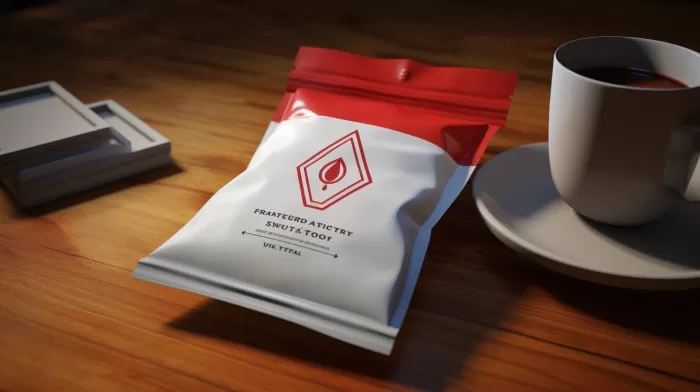Artificial sweeteners are commonly found in many commercially produced foods, such as those labeled “diet” or “low-calorie.” They are chemical compounds designed to mimic the sweet taste of sugar without the calories. With sweetness levels between 30 and 7,000 times greater than sugar, these substitutes have been connected to numerous adverse side effects, including the increased risk for obesity, diabetes, and heart disease. One such sweetener, sucralose, has been linked to leukemia.
The Birth of a Sweet Danger
Sucralose, known under the brand name Splenda, was developed in a lab at King’s College in London. To create the sweet-tasting chemical, scientists bleached sugar molecules to enhance the pesticidal effect of chlorine. Sucralose was initially used to help kill bugs and was not intended for human consumption.
Back in 2013, food advocates downgraded the product from “safe” to “caution” due to suspicions that sucralose could be a potential carcinogen. Researchers at the Ramazzini Institute in Italy found a strong connection between sucralose consumption and leukemia risk.
How Much is Too Much?
According to Lisa Lefferts, a scientist at the Center for Science in the Public Interest, when a chemical causes cancer at high doses, it can be assumed that it has similar, albeit weaker, effects at smaller doses. A study published in the International Journal of Occupational and Environmental Health fed varying amounts of sucralose (between 500 and 16,000 ppm) to mice from 12 days of gestation until death. Interestingly, the researchers discovered that increased Splenda intake resulted in an increased incidence of malignant cancer in male mice, with increased leukemia rates at 2,000 ppm and 16,000 ppm.
More recent studies are urgently needed to show the safety of sucralose, especially since millions of people are now exposed to it daily.
A Better Option
To avoid these risks, consider choosing safer, natural sweeteners if you are unable to eliminate sweeteners from your diet completely. Xylitol, in particular, is becoming more popular as a sugar substitute. Interestingly, dentists in the UK are recommending that people chew gum sweetened with xylitol, as it has been revealed to prevent tooth decay and combat oral bacteria responsible for plaque buildup.
Xylitol is a naturally occurring sugar alcohol found in small amounts in many fruits and vegetables, with half the calories of regular table sugar. It does not impact blood sugar or insulin levels and won’t contribute to yeast infections like other sugars can. Xylitol is easily found online at reasonable prices.
However, it is essential to remain vigilant about “added sweeteners” in processed food products you might purchase. Artificial sweeteners and added sugars are often not listed by their familiar names in ingredient lists. To stay safe, try to eliminate or significantly cut back on the foods where these sweeteners are commonly found, such as low-calorie or diet sodas, diet foods, and diet snacks.



